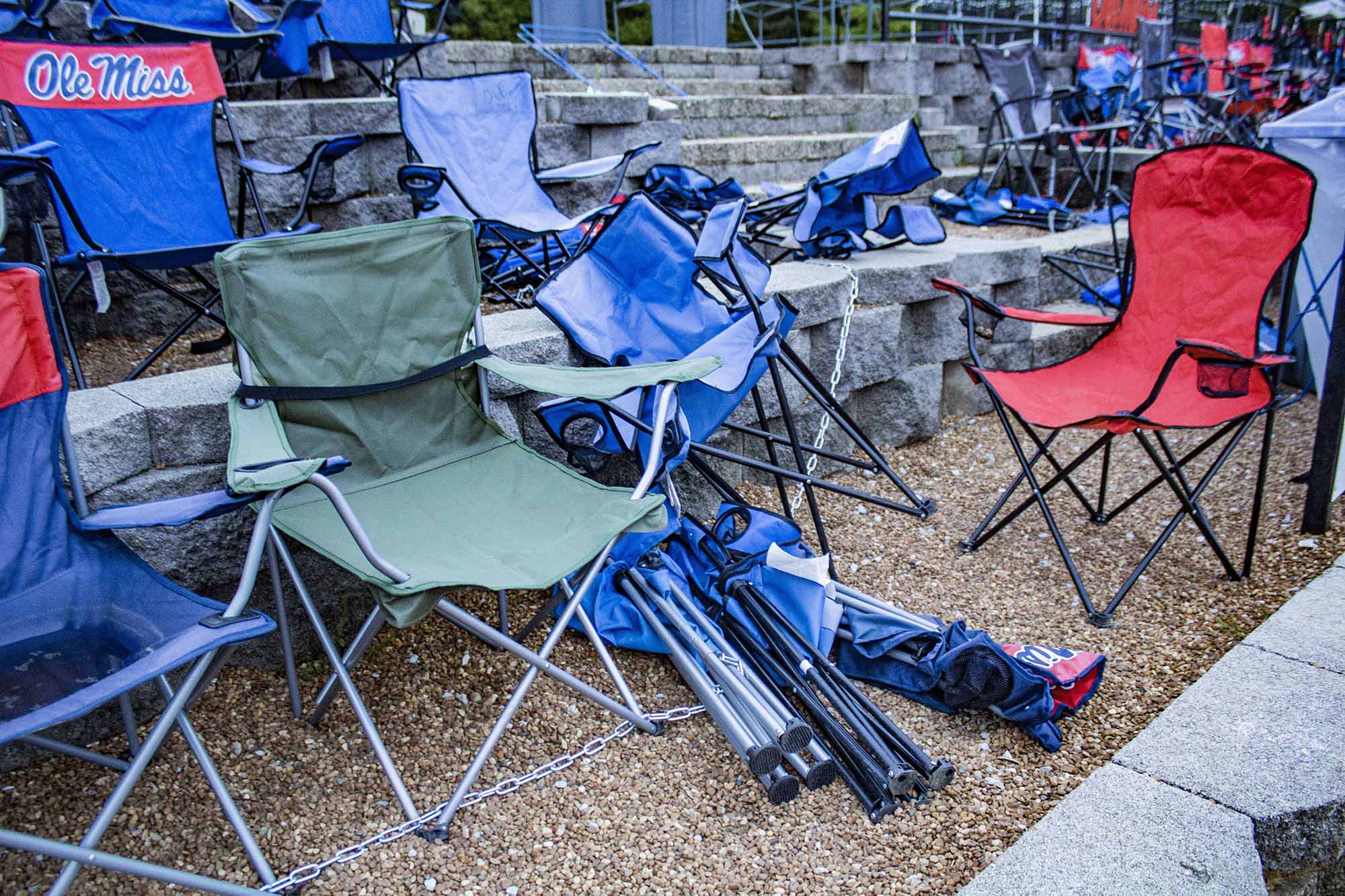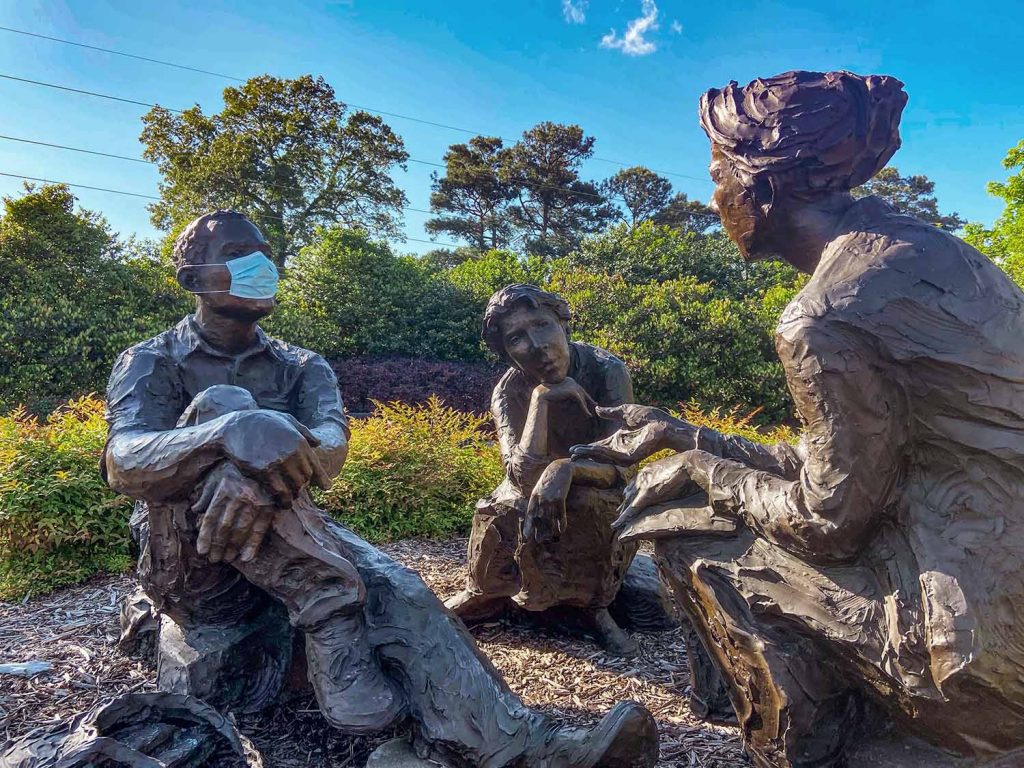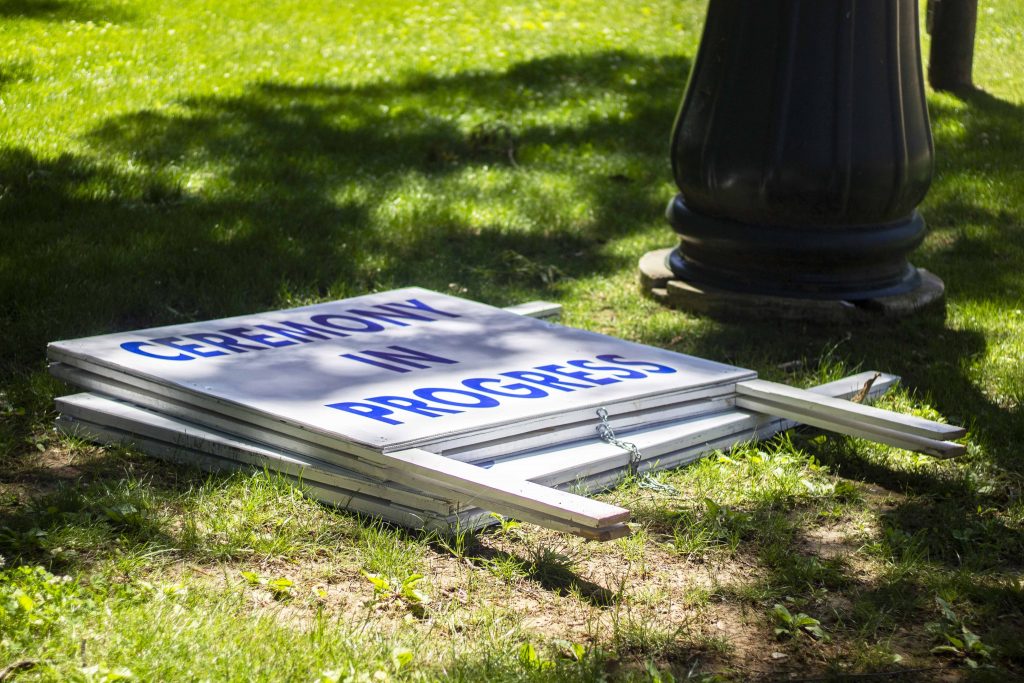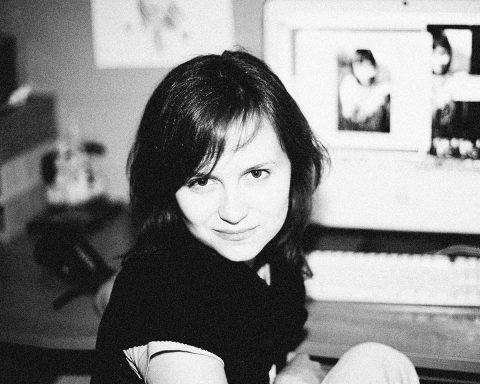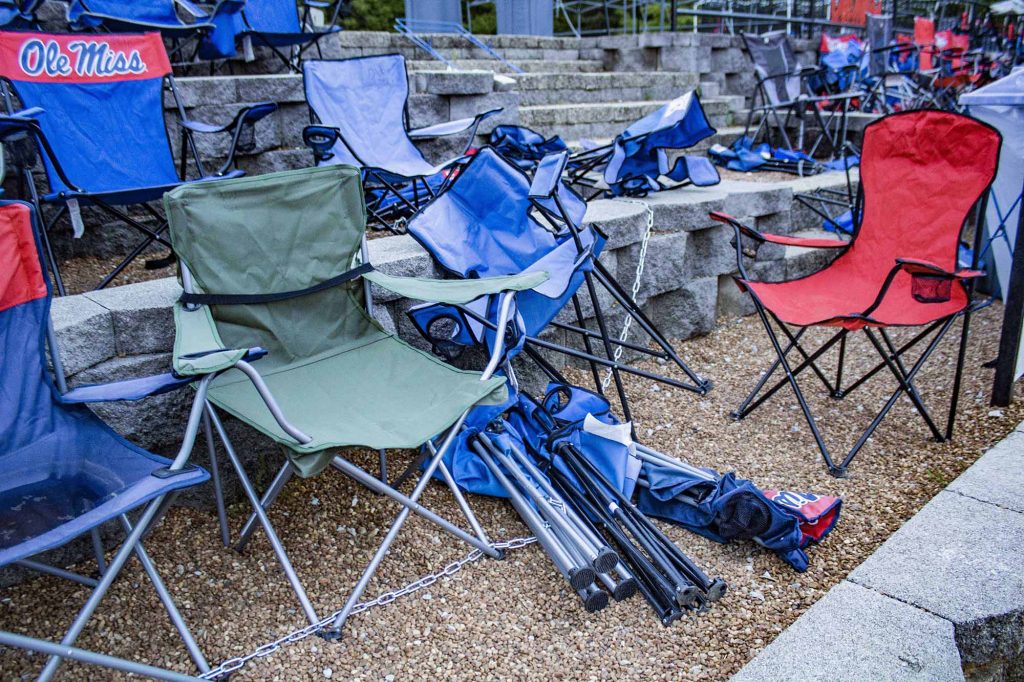
The pandemic has taken so much from everyone, and the class of 2020’s dreams were largely lost, too — including mine. There’s no “virtual celebration” or mailed graduation cap — as well-intentioned as they may be — that can bring it back.
There are people suffering much more than I am, and in some ways, that makes this essay seem self-indulgent. Maybe it is.
Still, having the space to recognize what is gone can be important. The life we knew — everything we’ve known — has come to an abrupt end. Now we live in some strange, online no-man’s land. We aren’t quite in school and not quite on vacation, and we certainly are not finding closure. There isn’t even any certainty as to what comes next for many of us.
I came to UM because it was a good financial decision. The programs I was interested in had the best rankings in the region for the best price. I never much liked the idea of Ole Miss, though: a school that dedicates half of the year (and maybe more of its resources) to a disappointing football program, a school that is dominated by a Greek system that is as dangerous as it is classist and antiquated, a school that constantly takes the middle road between right and wrong — especially when it comes to racial justice.
I wish I could say that those ideas about the university were changed after a year on campus, but after four years, they seem more true than ever. Even so, I miss — even mourn the loss of — the university. It was my home and my family, and now it’s gone.
I may be a student for one more week, but in any meaningful way, I stopped being a part of the university at the end of spring break. I returned to Oxford, and in the following weeks I said goodbye to the few dear friends that were still nearby and safe to visit. Now, nearly everything has dissolved, and I find myself sitting in a void, thinking of what could have been: the final days I would have spent with the people I have grown to love so dearly, the celebrations that were planned far in advance to be perfect, the final visits to the offices of the professors that changed the way I see the world, the quiet moments of gratitude for the moment that is the end of my time at college.
I still leave my apartment once or twice every day to walk and run outside. It doesn’t matter where I go, as long as it isn’t my apartment. It’s often a highlight of my day, even if it’s just distant eye contact with strangers among the trees and squirrels.
When I walk on campus and see people in the Grove, enjoying the most beautiful time of year, where thick grass and new leaves paint everything a million shades of green, I wonder who these people are. They seem more like tourists, picking through the ruins of a long-lost society after a natural disaster wiped it out and trying to imagine what life was like before. It’s just a shell of what was, and there is only reimagining now.
It’s mostly natives of Oxford that now walk through the deserted campus, though, and they all know the university well (probably better than I do, by many measures). They may sit on blankets in the spring sun, but they can’t sit on a blanket like someone does during a break between classes with their friends during a spring semester. But these strangers — who all seem like the kindest, most wonderful people you can meet from six feet away — aren’t the heart of the university, students are.
That’s what the pandemic has taken from the campus. Even though our campus is as beautiful as ever, much of it in bloom in the weeks after students were told they could not return, it’s desolate.
There is no cosmic justice that will suddenly save our last semester, even if we feel entitled to it. Now, we just have to sit with all of the emotions that come with this moment, which had to come one way or another. And in sitting, maybe we will realize that the pain only comes from the affection that we have for the people that have made this place and time so beautiful, and that the memories — and many of the friends — are still within reach.
Eventually, people will return and campus will find its balance again. But it won’t be us. We will never exist together in the same place again. The era of this cohort, as we were changed by and changed the university, is over, and no one saw it ending this way.
But the connections remain. Friends will call, Facetime, Zoom. They will send letters and emails that are deep with meaning and kindness. And in the Grove on game days, in the years to come, familiar faces will still emerge from the crowds. UM may be a place that is ever-calling, but it is always the people who are calling us back.
Daniel Payne was the editor-in-chief of The Daily Mississippian during the 2019-2020 academic year. Eliza Noe will take over as the editor-in-chief for the 2020-2021 academic year.
